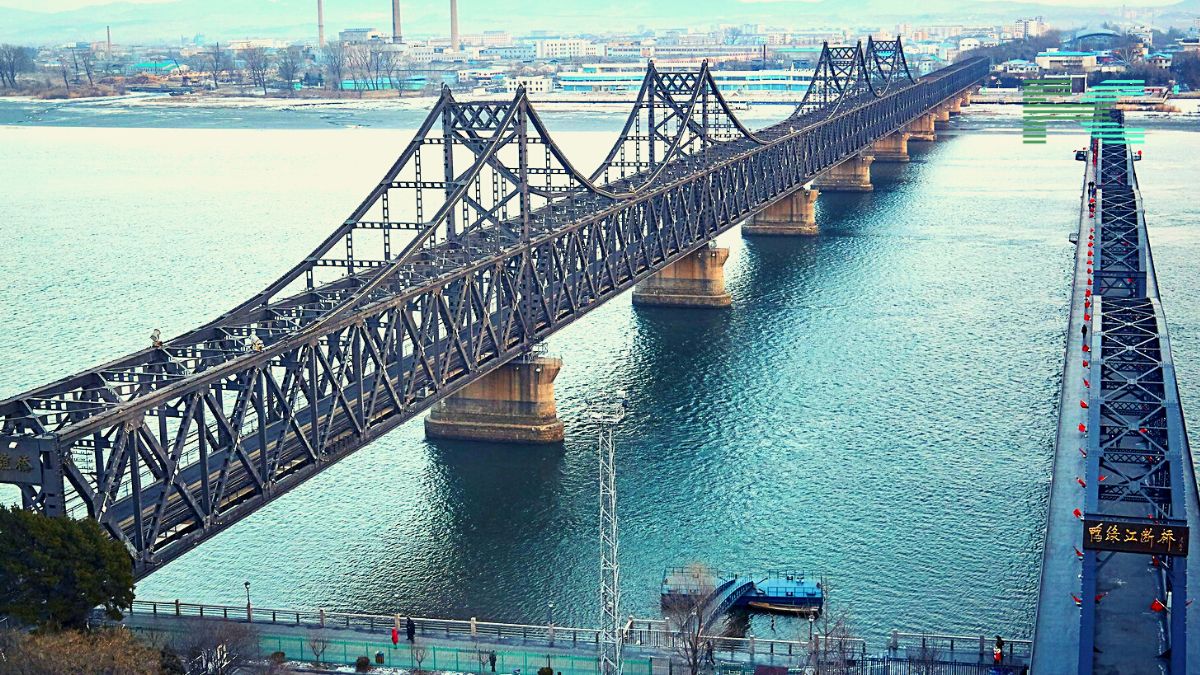Following a five-month delay due to Covid-19, North Korea and China have resumed cross-border freight train trade, Seoul announced on Tuesday.
Since the outbreak of the pandemic, North Korea has maintained a strict embargo, and even trade with China, the North’s main source of income has slowed to a trickle.
After Covid outbreaks were detected in China’s border town of Dandong in late April, sources at the time stated that cross-border freight train services were suspended. Soon later, Pyongyang announced the outbreak of its own Omicron version.
China’s foreign ministry announced on Monday that the neighboring nations had decided to resume rail freight after “friendly consultations.”
According to Seoul’s Yonhap News Agency, a locomotive pulling roughly 10 train cars crossed the Dandong-Sinuiju bridge from China into the North on Monday.
The Omicron variety broke out in May in the nation’s capital, Pyongyang, according to North Korea. It has attributed the epidemic to “strange things” from the South.
After officially recorded instances of the virus reached zero, Kim Jong Un, who became ill during the outbreak, declared victory over it in August and ordered the lifting of the nation’s “highest emergency epidemic prevention system.”
In the case of reports, North Korea uses the term “fever patients” rather than “Covid patients,” ostensibly due to a lack of testing resources.
According to state media, it has documented just 74 fatalities out of roughly 4.8 million “fever” cases, for an official fatality rate of 0.002 percent.
Experts have disputed Pyongyang’s Covid figures and its claims that it has contained the outbreak, including the World Health Organization.
According to experts, North Korea has one of the poorest healthcare systems in the world, with underfunded hospitals, few intensive care units, and no Covid therapeutic options.














